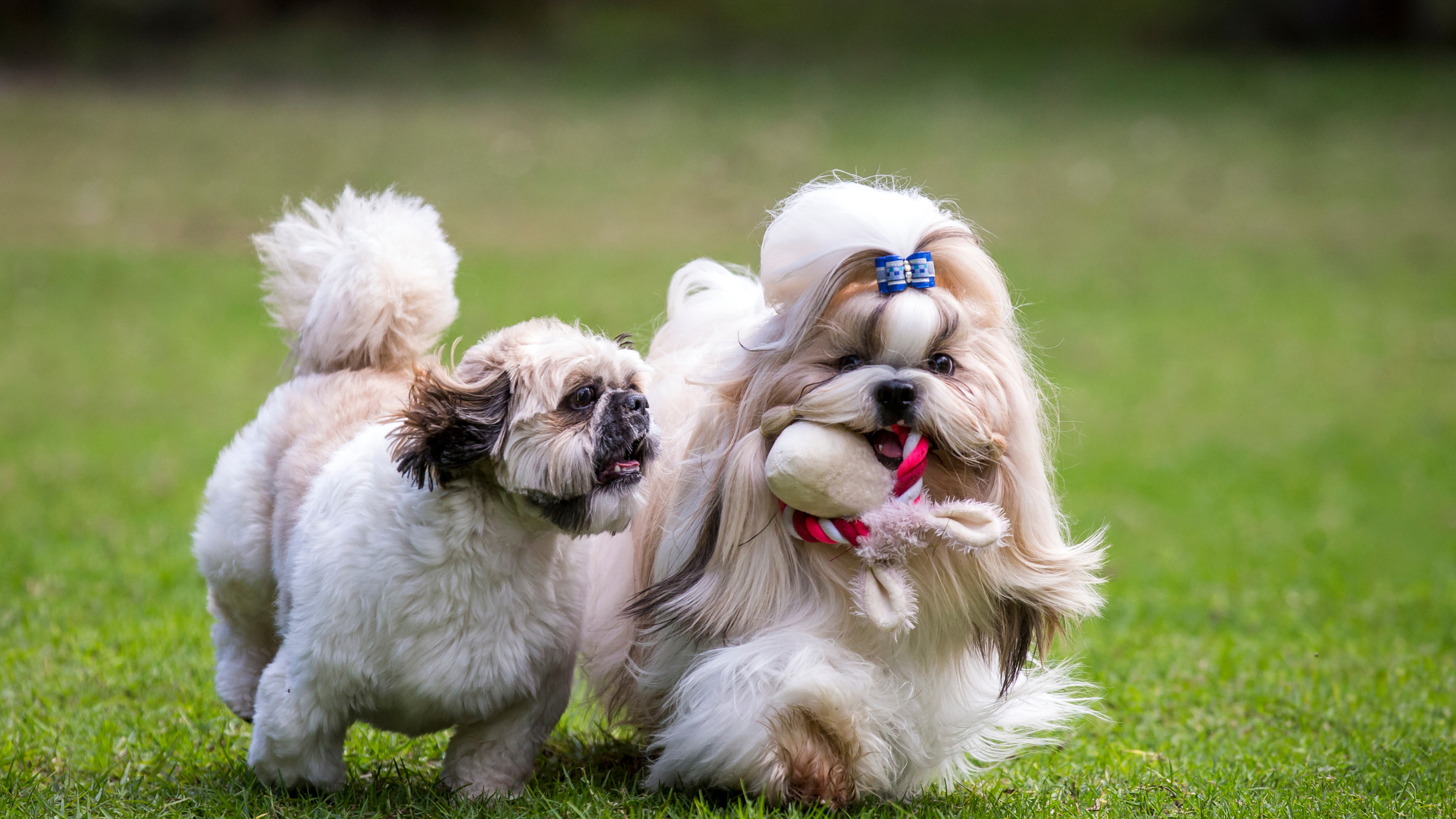
Socialising Your Small Dog: Building Confidence and Friendships
Small dogs, despite their pint-sized stature, have just as much need for socialisation as their larger friends. In fact, it is crucial to expose them to a variety of people, animals, and environments to build their confidence and foster healthy relationships.
Socialisation not only helps small dogs develop into well-rounded and balanced pooches but also ensures they can navigate the world with ease. Let’s look at why socialising small dogs is so important and how to help them build confidence and friendships.
Why is Socialisation Important?
Socialisation plays a vital role in shaping a small dog’s behaviour and temperament. By exposing them to different experiences, you can help them become more comfortable and adaptable in various situations. Socialisation helps prevent fear, anxiety, and aggression, which can manifest when dogs are not adequately exposed to new environments, people, and animals.
Building Confidence
Confidence is key when it comes to socialising small dogs. Here are some strategies to help:
- Positive Reinforcement: Use treats, praise, and rewards to create positive associations with new experiences. When your small dog encounters something new, reward them with a treat or praise to reinforce positive behaviour and help them feel more secure.
- Gradual Exposure: Start by introducing your small dog to new experiences in a controlled and gradual manner. For example, if your dog is wary of new people, invite a trusted friend over and let your dog approach them at their own pace. As your dog becomes more comfortable, gradually expose them to larger groups and different environments.
- Puppy Classes: Enrol your small dog in puppy classes or obedience training. These classes provide a structured environment where they can learn basic commands, interact with other dogs, and build their social skills. Trainers can offer guidance on how to address any specific concerns you may have.
- Playdates: Organize playdates with other well-socialized dogs. Small dogs can benefit from interactions with larger dogs as long as they are supervised and the interactions are positive. This can help them develop social skills and learn appropriate behaviour. We see the difference this makes every day as we have many dogs who are anxious and haven’t had that exposure. Being around the other more social dogs, helps them feel more confortable.
Fostering Friendships
In addition to building confidence, socialisation helps small dogs develop friendships with other dogs and people. Here’s how you can facilitate these relationships:
- Encourage Positive Interactions: When introducing your small dog to new dogs or people, ensure the interactions are positive. Monitor body language and intervene if necessary. Gradually increase the duration and intensity of the interactions as your dog becomes more comfortable.
- Dog Parks and Group Walks: Visit dog parks or participate in group walks to expose your small dog to different breeds and personalities. These environments provide opportunities for socializing and can help your dog learn appropriate play behaviour.
- Bonding with Humans: Small dogs often form strong bonds with their owners. Encourage your friends and family to interact with your small dog by offering treats or playing games. This helps them become more comfortable with a variety of people.
- Exposure to Different Environments: Take your small dog on outings to various environments such as parks, pet-friendly stores, the beach or outdoor cafes. Exposing them to different sights, sounds, and smells will help them become more confident and adaptable in new surroundings.
Socialisation is an ongoing process. Consistency and patience are key. Each dog is unique, so tailor the socialisation process to your small dog’s individual needs. By providing positive experiences and opportunities for social interaction, you can help your small dog build confidence, develop friendships, and live a happy, well-adjusted life.